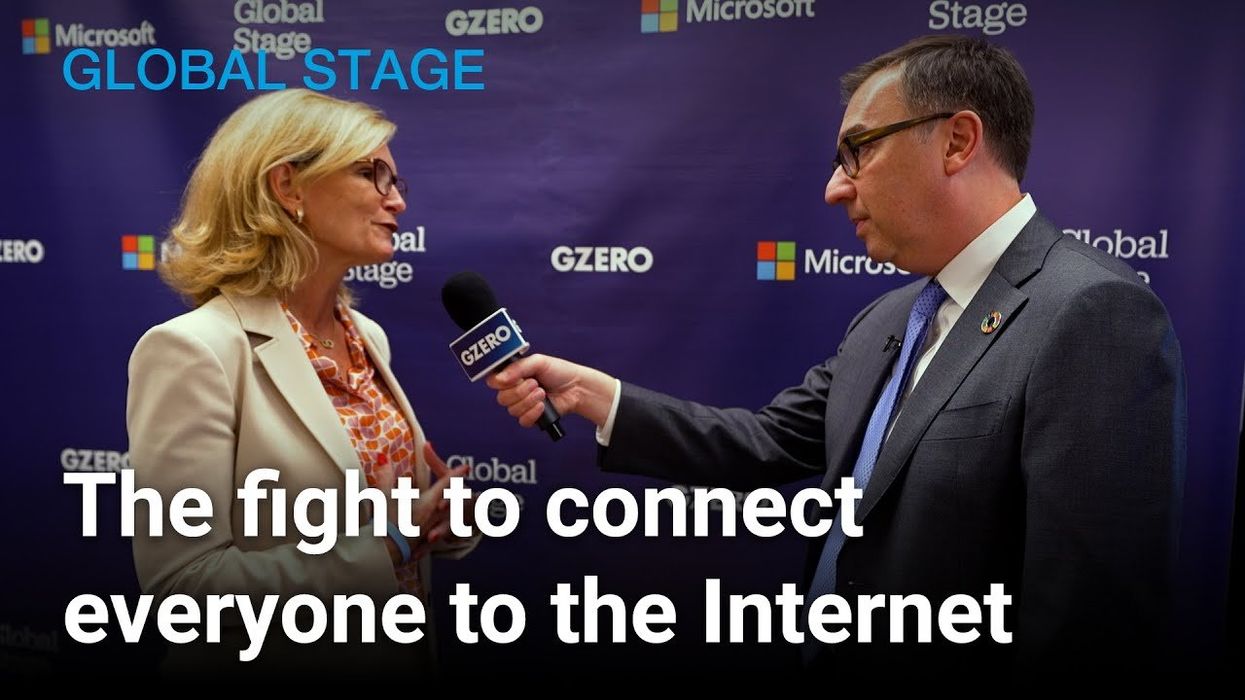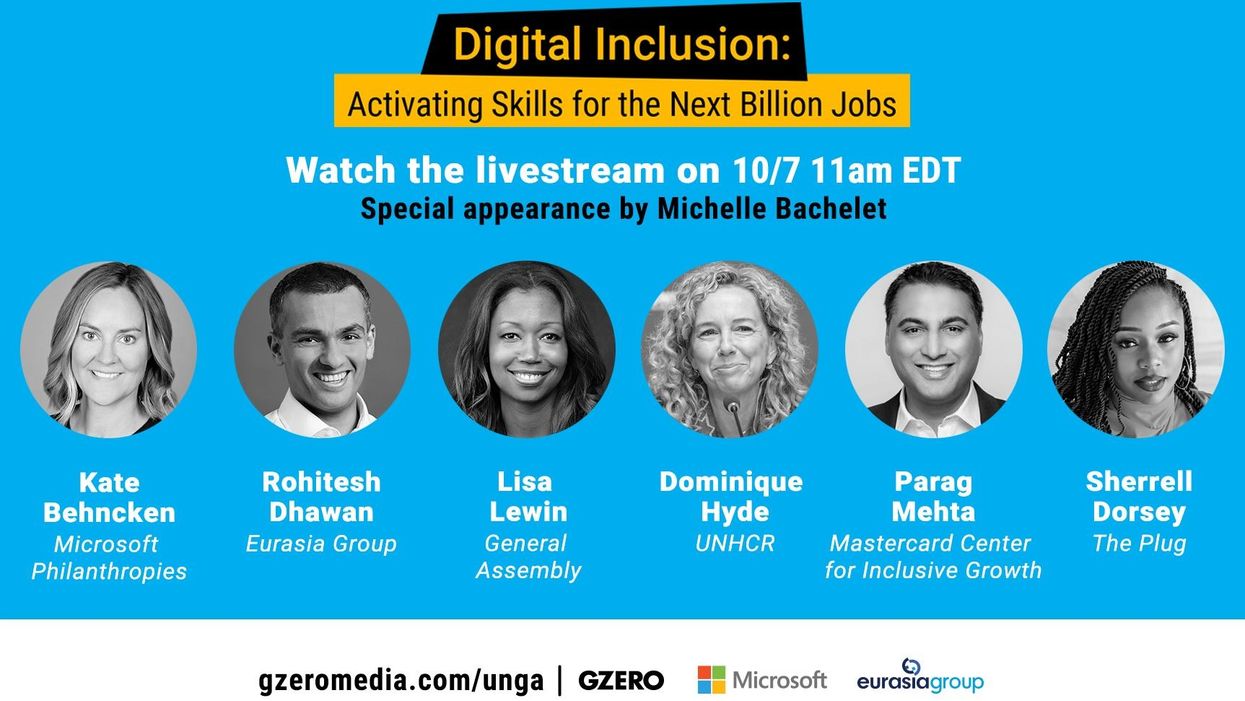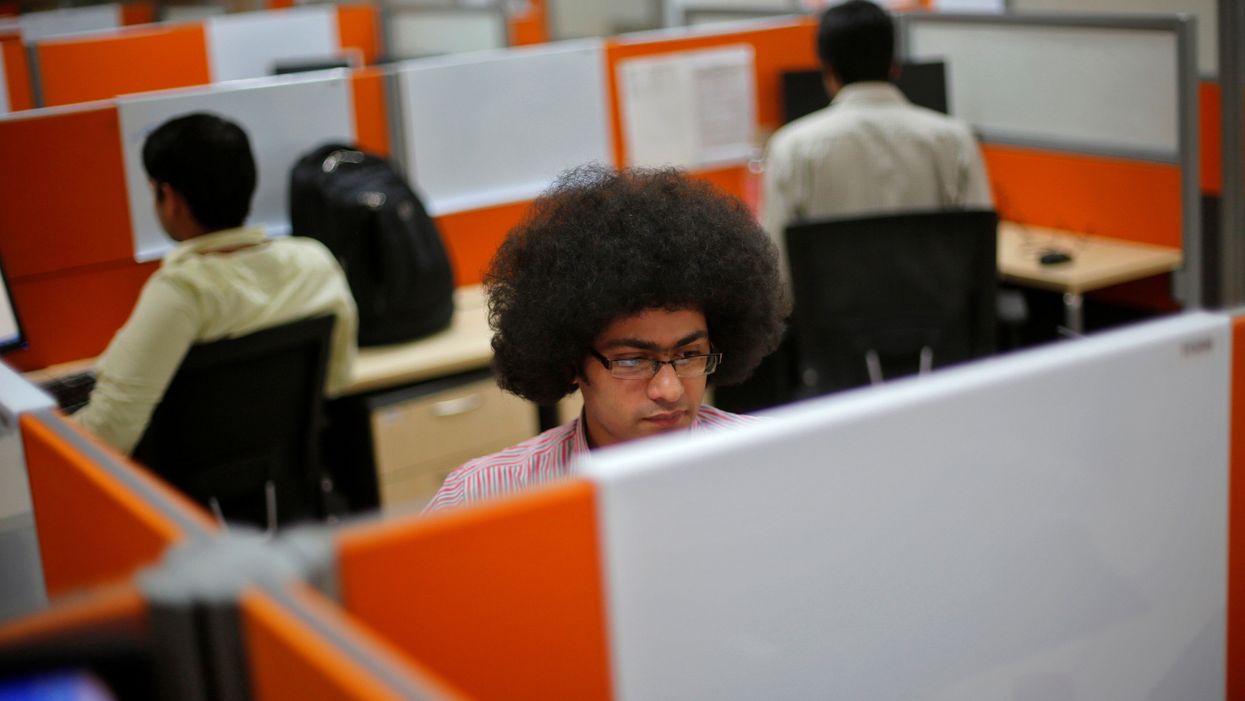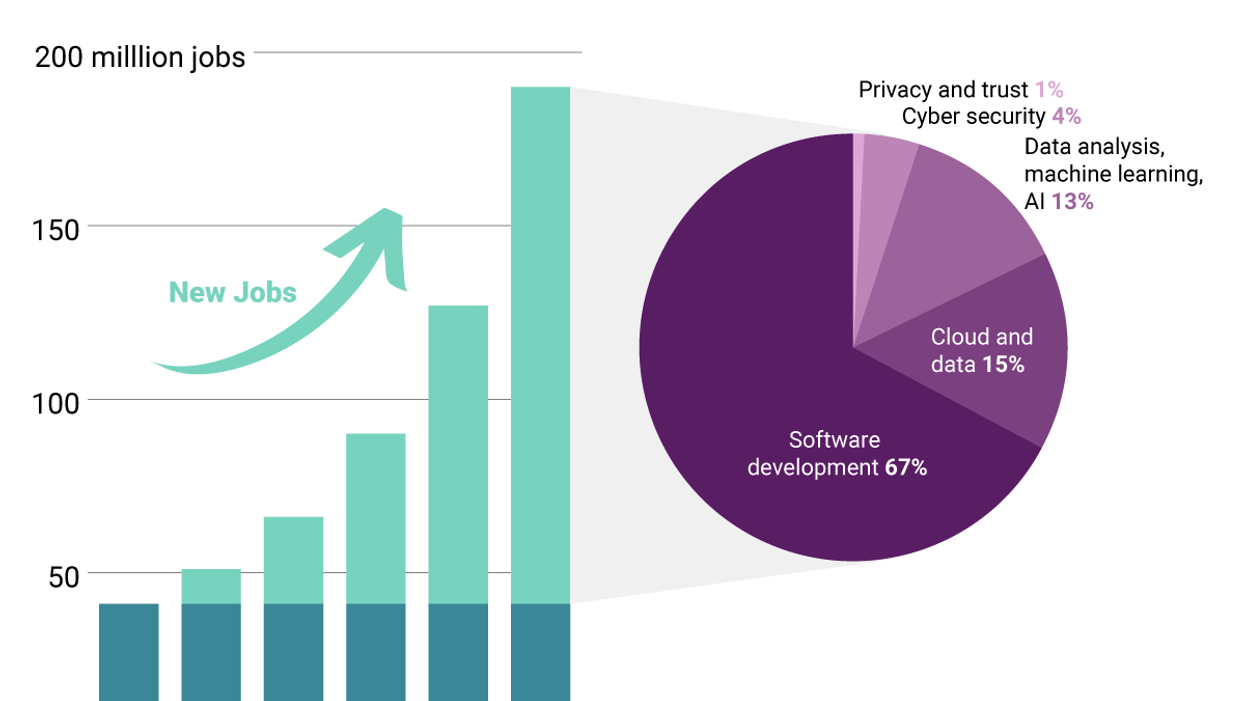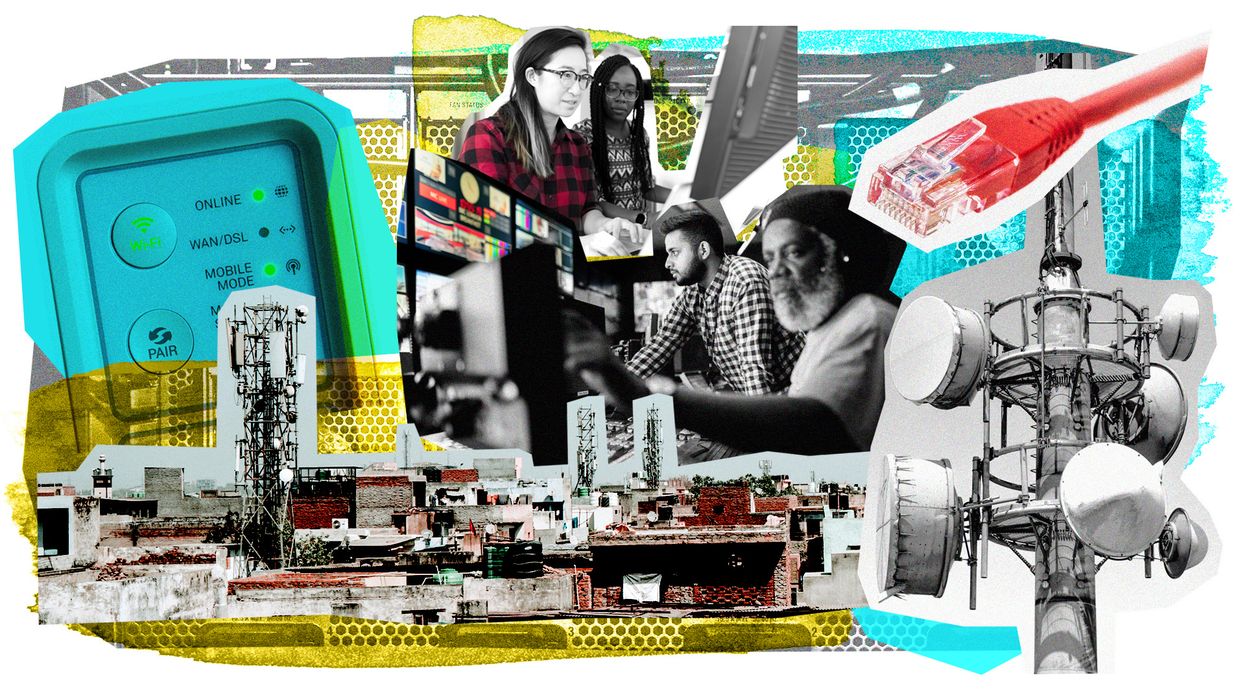Digital Equity
The fight to “connect every last person” to the internet
Doreen Bogdan-Marin spends a lot of time thinking about how to keep the world connected as the Secretary-General of the International Telecommunications Union. The biggest frontier in that realm is expanding internet access to those in the developing world who struggle to get online.
Sep 24, 2023
